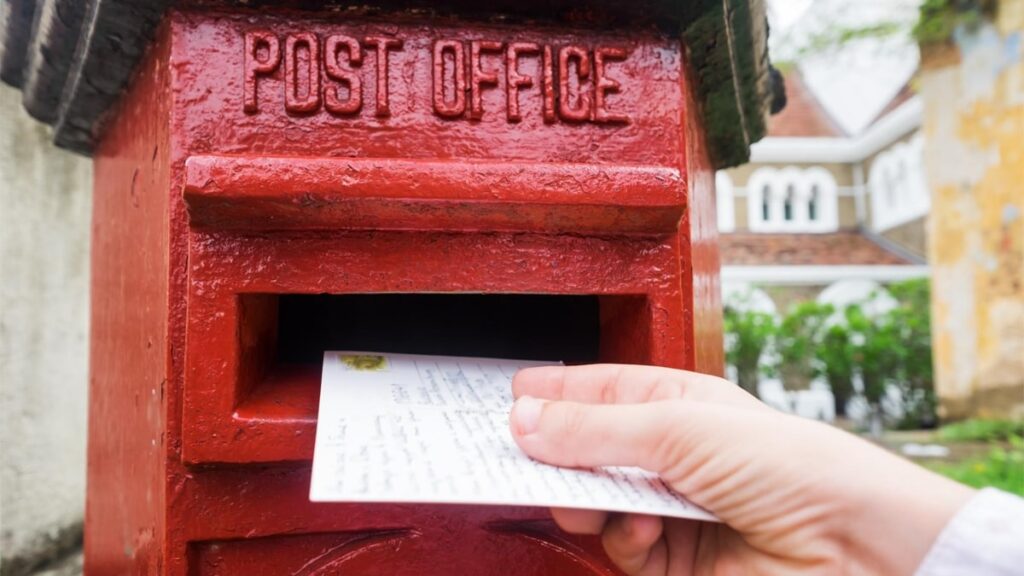Zip codes and postal codes is essential for addressing and facilitating the accurate delivery of mail and packages.
The concept of using numbers or codes in addresses dates back centuries, but it gained prominence in the late 20th century with the advent of automated mail sorting systems.
These codes revolutionized the postal industry by enabling automated sorting, reducing delivery times, and minimizing errors in address processing.
With the rise of digital mapping and navigation technologies, zip codes and postal codes have become integral components for geolocation services in apps and online platforms.
There are various other uses of Zip code and postal code. In this article, we will discuss the gap between Zip Code and Postal Code, what is zip code, postal code, and much more.

Table of Contents
What is a Zip Code?
A Zip Code is a short form for “Zone Improvement Plan Code,”. It is a numerical code used by postal services in the United States to identify specific geographic areas for the efficient sorting and delivery of mail.
It typically consists of five digits, and optionally, a hyphen followed by four additional digits, allowing for more precise location identification.
Zip codes play a crucial role in automating the sorting and distribution of mail, ensuring timely and accurate delivery to addresses across the country.
What is a Postal Code?
A Postal Code, also known as a postcode or ZIP code in some countries, is a series of letters, numbers, or both, assigned to a specific geographic area by a country’s postal service.
It facilitates the efficient sorting and delivery of mail by providing a unique identifier for each location. Postal codes vary in format and length depending on the country, but they serve the same purpose of ensuring accurate and timely mail delivery.
What is P.O. Box?
A P.O. Box, short for Post Office Box, is a secure and lockable mailbox located within a post office or other designated facility. Individuals and businesses can rent P.O.
Boxes to receive mail and packages, providing an alternative to having mail delivered to a physical address. P.O. Boxes offer privacy, security, and convenience, especially for those who frequently move or operate businesses from home.
Difference between P.O. Box, Zip Code, and Postal Code?
The following are the differences between P.O. Box, Zip Code, and Postal Code-
| P.O. Box | Zip Code | Postal Code |
| Secure mailbox within a post office or facility | Numeric code identifying a postal delivery area | Alphanumeric code indicating a geographic area |
| Used to receive mail and packages | Used to facilitate mail sorting and delivery | Used to assist in addressing mail and parcels |
| Offers privacy and security for mail recipients | Does not provide privacy, as it is public information | Does not provide privacy, as it is public information |
| Provides a secure location for mail | Does not offer security on its own | Does not offer security on its own |
| Typically located within a post office | Used in addressing for mail delivery | Used in addressing for mail delivery |
| Consists of “P.O. Box” followed by a number | Consists of a series of numbers | Can consist of both numbers and letters |
| P.O. Box 12345 | 12345 | A1B 2C3 |
FAQ
While they serve the same purpose of identifying geographic areas for mail delivery, Zip Codes specifically refer to codes used in the United States, while Postal Codes are used globally.
No, not all countries use Zip Codes. Different countries have their own systems of Postal Codes or similar geographic codes for mail delivery.
No, Zip Codes and Postal Codes can vary in format. While many are numerical, some may include letters or a combination of letters and numbers.
In some cases, shipping costs may be influenced by the distance between the sender and recipient, which can be determined in part by the Zip Code or Postal Code.
I’m Shiv Kumar, a graduate with a passion for finance, marketing, and technology. My journey into finance started with a desire to understand money management and investing.
Our main goal is to empower individuals through financial education. We believe that everyone should have the opportunity to build a strong financial foundation. Whether you’re a seasoned investor or just getting started, we provide articles, guides, and resources to help you navigate the financial landscape.
I invite you to join our community of financially savvy individuals. Feel free to ask questions, engage with our content, and explore the topics that matter to you. Together, let’s take control of our financial futures.




